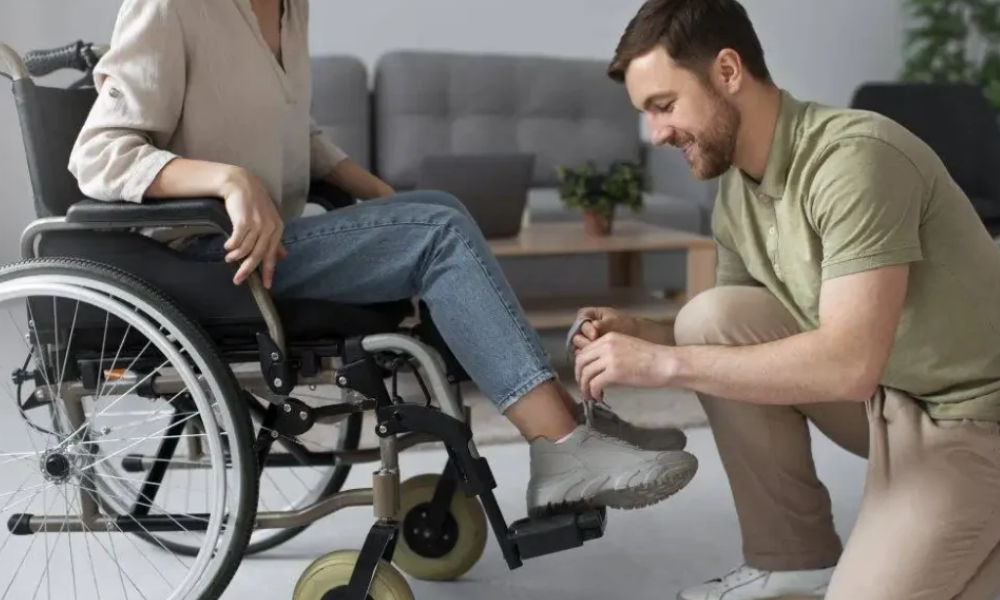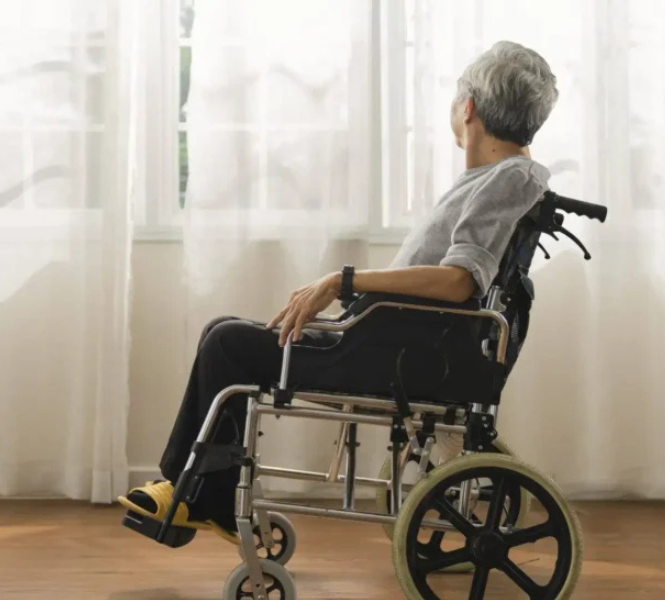
3 signs that you need assistance with personal activities
Everyone desires to live a healthy, happy, and independent life. But your disability may sometimes prove to be a hindrance.

Everyone desires to live a healthy, happy, and independent life. But your disability may sometimes prove to be a hindrance.

No matter what journey we set ourselves onto, there are parts of it that you can neither do alone nor do you want to.

It’s not just the disability that can sometimes make the world seem like too big a challenge to handle,

Living with a disability or a mental illness can change how you look at the world around you.

No, it is not selfish to want to live independently. In recent times, there’s been so much talk about

Parenting is not easy, but the challenges get magnified when you are parenting a child with a disability (or disabilities)

Australia has transformed disability support by launching the National Disability Insurance Scheme (NDIS) to ensure that people

It goes without saying that caring for individuals who live with disabilities is a profoundly noble task – it is fulfilling and rewarding but often can be accompanied